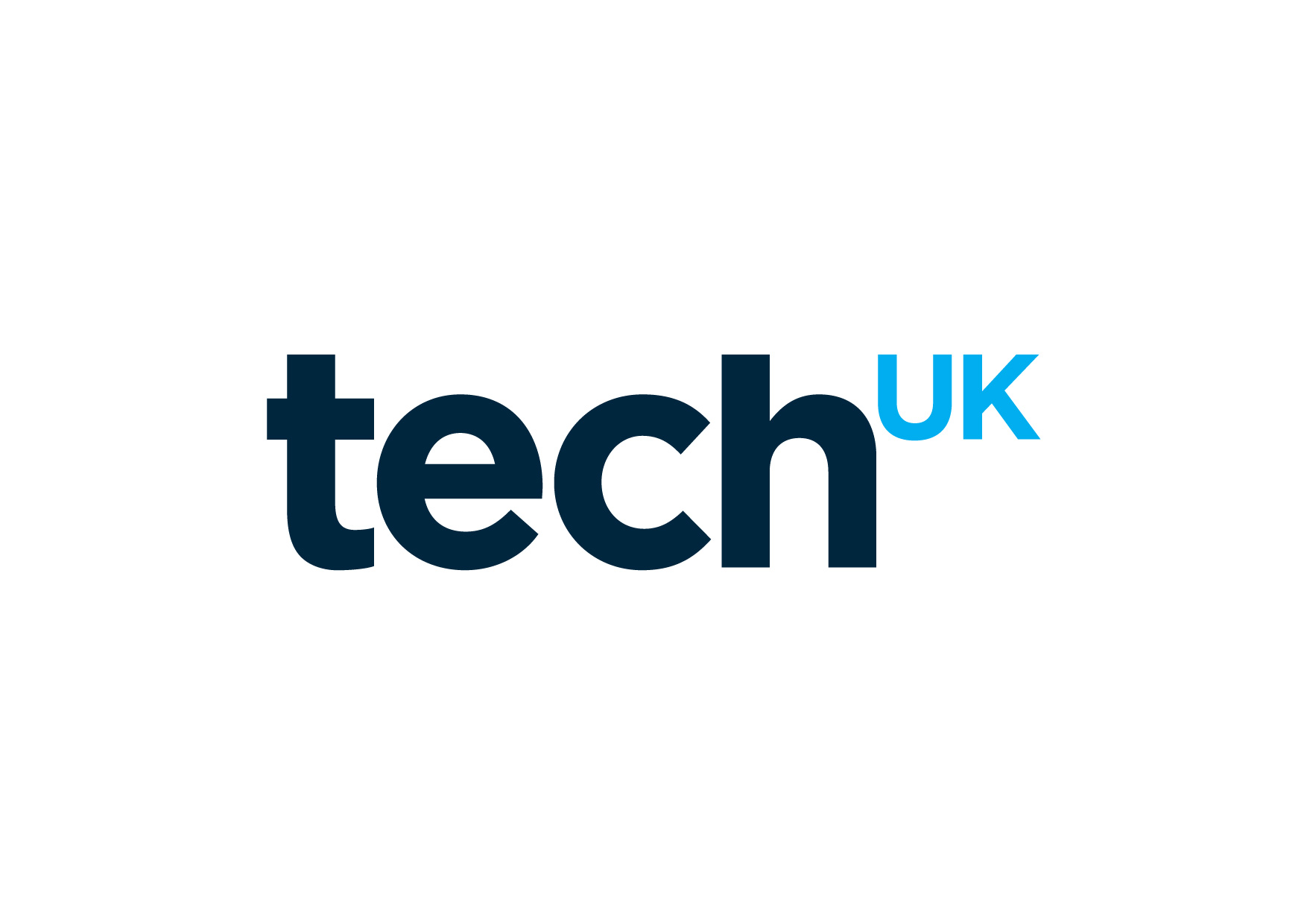The government will publish the Draft Investigatory Powers Bill, which will re-set the legal framework that governs the actions of the UK’s security services.
Commenting ahead of the bill, Antony Walker, deputy CEO of techUK said :
“Privacy and security must not be seen as irreconcilable objectives. This unique opportunity to set the global Gold Standard will only be achieved through constructive engagement with the views and concerns of the tech sector.
“Next week we expect Government to present a draft bill that sets out and codifies more clearly than ever before the powers available to our security services and the safeguards that govern their use.
“MPs and Peers must not hold back in asking all of the hard questions and examining the finest detail of the draft Bill. To do this they will need to call upon a broad base of technical, legal and human rights expertise, including a broad range of digital technology companies.”
So what will those technology companies be saying?
- Clarity and transparency are vital so that the public understands not only the powers available to the security services but also the legal obligations placed upon private companies to support those services.
- These obligations must not cross the line between providing support and actually undertaking surveillance activity – the latter has to remain the sole responsibility of the state.
- Private companies must not be left to deal with irreconcilable conflicts of law either within the UK (for example between data protection and security legislation) or between international jurisdictions across which companies routinely operate.
- There should be some form of judicial involvement in authorisation processes to ensure compatibility with the processes employed in other countries such as the US, Canada, Australia and New Zealand.
- The Government has correctly made a commitment to not undermine or weaken the use of encryption, which is a fundamental tool for maintaining the UK’s cyber security – however any new requirement to make data available in the clear, where companies do not have access to that data, must be properly understood and debated.
- Private companies should continue to be fully compensated for the costs of complying with any legal obligations placed upon them, not least as this will provide an additional restraint to ensure that requests are proportionate.
[su_box title=”About techUK” style=”noise” box_color=”#0e0d0d”] techUK represents the companies and technologies that are defining today the world that we will live in tomorrow. More than 850 companies are members of techUK. Collectively they employ approximately 700,000 people, about half of all tech sector jobs in the UK. These companies range from leading FTSE 100 companies to new innovative start-ups. The majority of our members are small and medium sized businesses.[/su_box]
techUK represents the companies and technologies that are defining today the world that we will live in tomorrow. More than 850 companies are members of techUK. Collectively they employ approximately 700,000 people, about half of all tech sector jobs in the UK. These companies range from leading FTSE 100 companies to new innovative start-ups. The majority of our members are small and medium sized businesses.[/su_box]
The opinions expressed in this post belongs to the individual contributors and do not necessarily reflect the views of Information Security Buzz.



